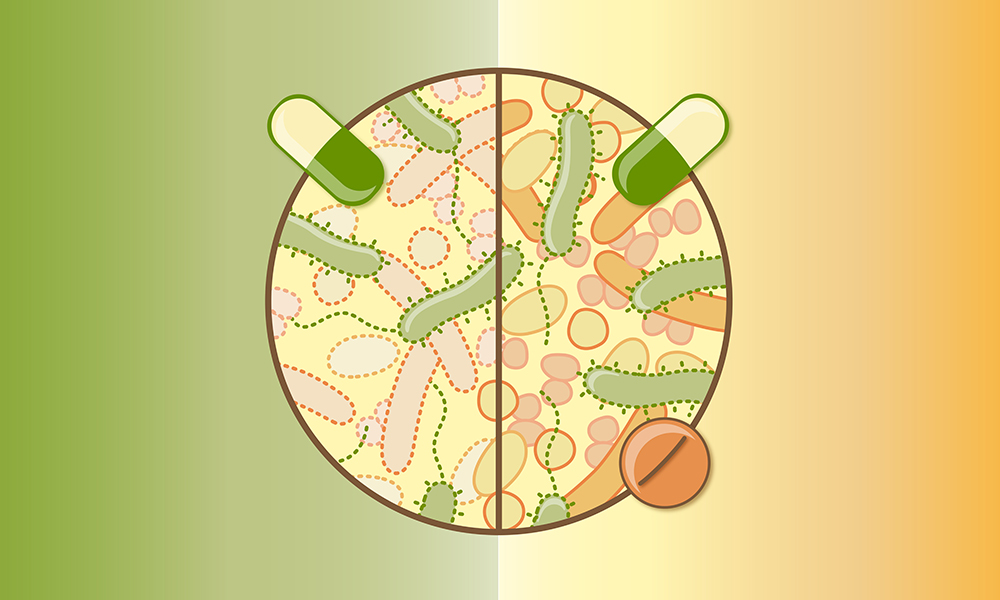Infertility treatments have come a long way since the first test tube baby in 1978. Today, many options exist to help those who face challenges in starting a family. IVF Houston, for example, has become a central hub for many seeking advanced solutions. As we look to the future, new methods promise even more breakthroughs. We can expect treatments to be more effective, less invasive, and more accessible. This evolution in care inspires hope for those on the journey to parenthood. Let’s explore what lies ahead in the world of infertility treatments.
Less Invasive Techniques
New technology is paving the way for less invasive infertility treatments. Researchers are developing ways to enhance fertility without the need for surgical procedures. For example, some innovations involve using advanced imaging techniques to better understand reproductive health. These techniques reduce the need for invasive tests. I anticipate that soon we will see treatments that offer quicker recovery and lower risks.
Personalized Medicine
Personalized medicine is making waves across many fields, including fertility. Doctors can tailor treatments to each person’s genetic makeup. This approach increases the chance of success. By understanding individual genetic variations, specialists can predict how patients will respond to specific treatments. This method could revolutionize how we approach fertility care.
Advancements in Genetic Testing
Genetic testing is another area where I foresee significant advancements. Screening embryos for genetic conditions could become more comprehensive and accurate. This development offers hope for lowering the risk of genetic disorders. It might also enable parents to understand potential challenges ahead of time, allowing them to prepare better.
| Treatment Method | Current Success Rate | Predicted Future Success Rate |
|---|---|---|
| IVF | 40% | 60% |
| IUI | 20% | 35% |
| Genetic Screening | 30% | 50% |
Artificial Intelligence in Fertility
Artificial Intelligence (AI) is set to play a crucial role in fertility treatments. AI can analyze vast amounts of data to identify patterns that humans might miss. This ability could help in predicting the best time for conception or choosing the healthiest embryos. The use of AI could lead to better outcomes and more efficient treatments.
Ethical Considerations
As we move forward, ethical considerations will remain essential. Discussions around genetic modifications and embryo selection will intensify. It’s important that these technologies are used responsibly. Regulations will need to adapt to ensure ethical standards are maintained. The balance between innovation and ethics will shape the future of fertility treatments.
Conclusion
The future of infertility treatments holds great promise. We are on the brink of a new era that could change the face of fertility care. These advancements offer hope to many who dream of starting a family. With each breakthrough, the journey to parenthood becomes more accessible and less daunting. As we continue to explore these possibilities, I am confident that we will see even more remarkable changes.





